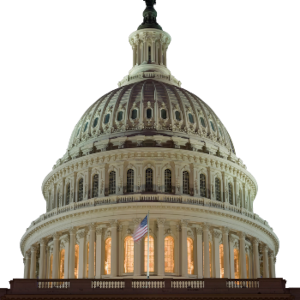George Bush understands that most Americans don't have the time, energy, or interest necessary to keep up with current events. How else can we explain the paradox of his expanding claims of close connections between Al Qaeda and Saddam Hussein and the 9-11 Commission's statement on the same day that there were none?
According to Reuters, Bush sent e-mail today claiming that the "9-11 Commission Staff Report Confirms Administration's Views of al Qaeda/Iraq Ties." This came just hours after the 9-11 commission reported that there was no evidence of a "collaborative relationship." This is the commission Bush never wanted. Under intense political pressure he eventually allowed it to begin its work, but even then hindered its efforts. He even refused to appear before them alone or to have his joint appearance with Cheney recorded or transcribed. But the commission has been thorough in their work, and their conclusions will not easily be challenged.
Reuters offers an explanation of Bush's apparent blindness to the Commission's conclusions: He is "employing a common campaign tactic, shaping public perception through repetition." In other words, he is lying. He is repeating the same lie so many times -- along with Cheney and other members of his staff -- to sow confusion. Eventually, the theory goes, those of us who aren't paying attention will be as likely to believe Bush as the truth.

